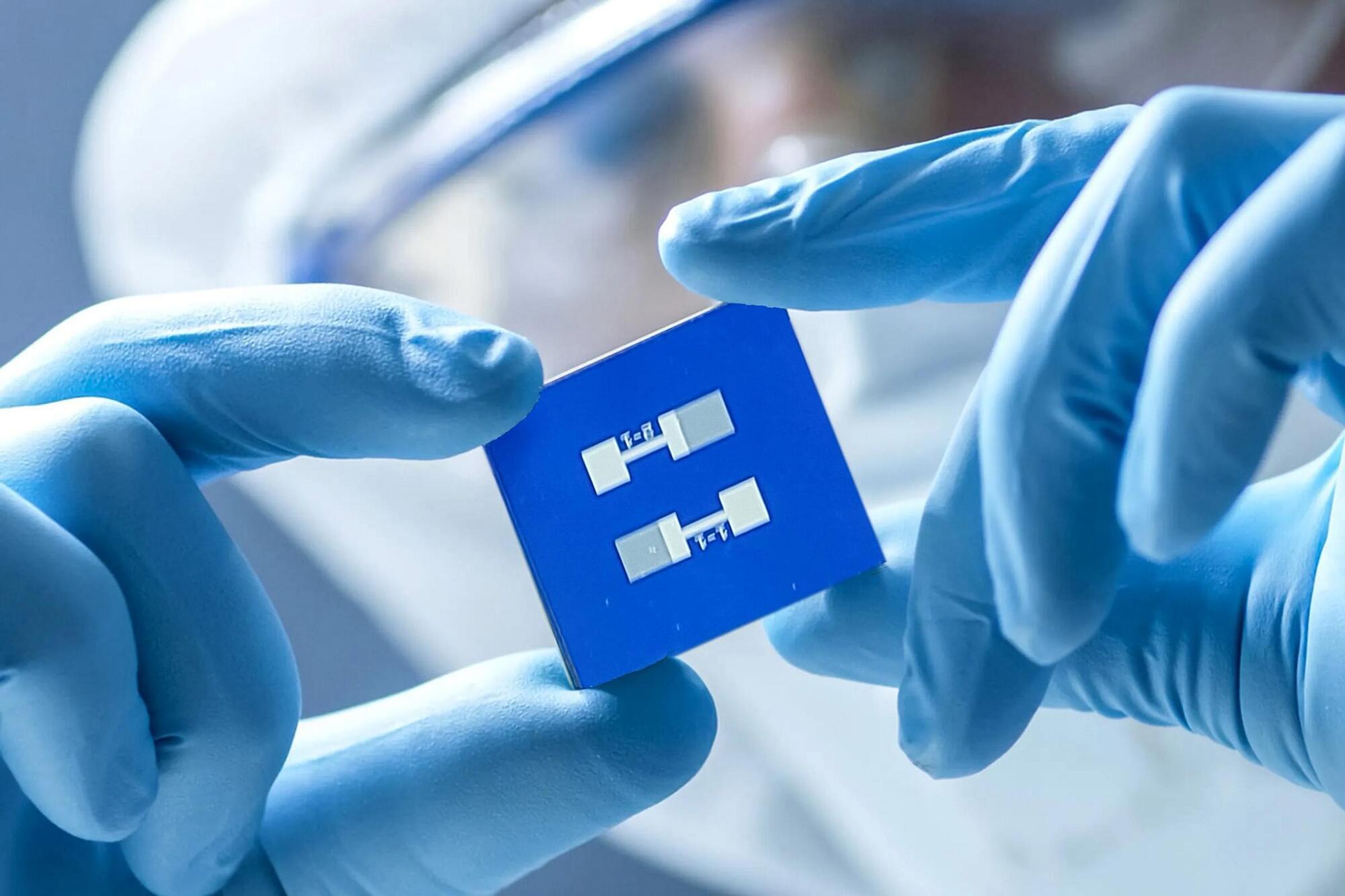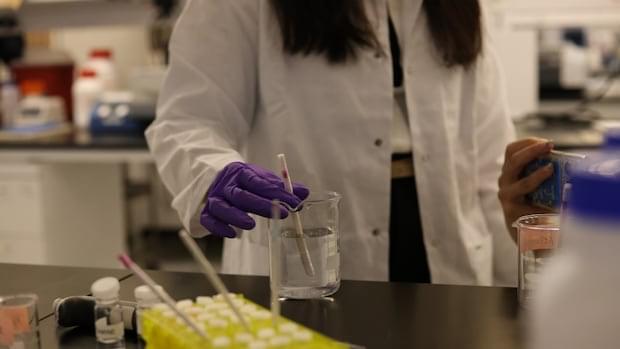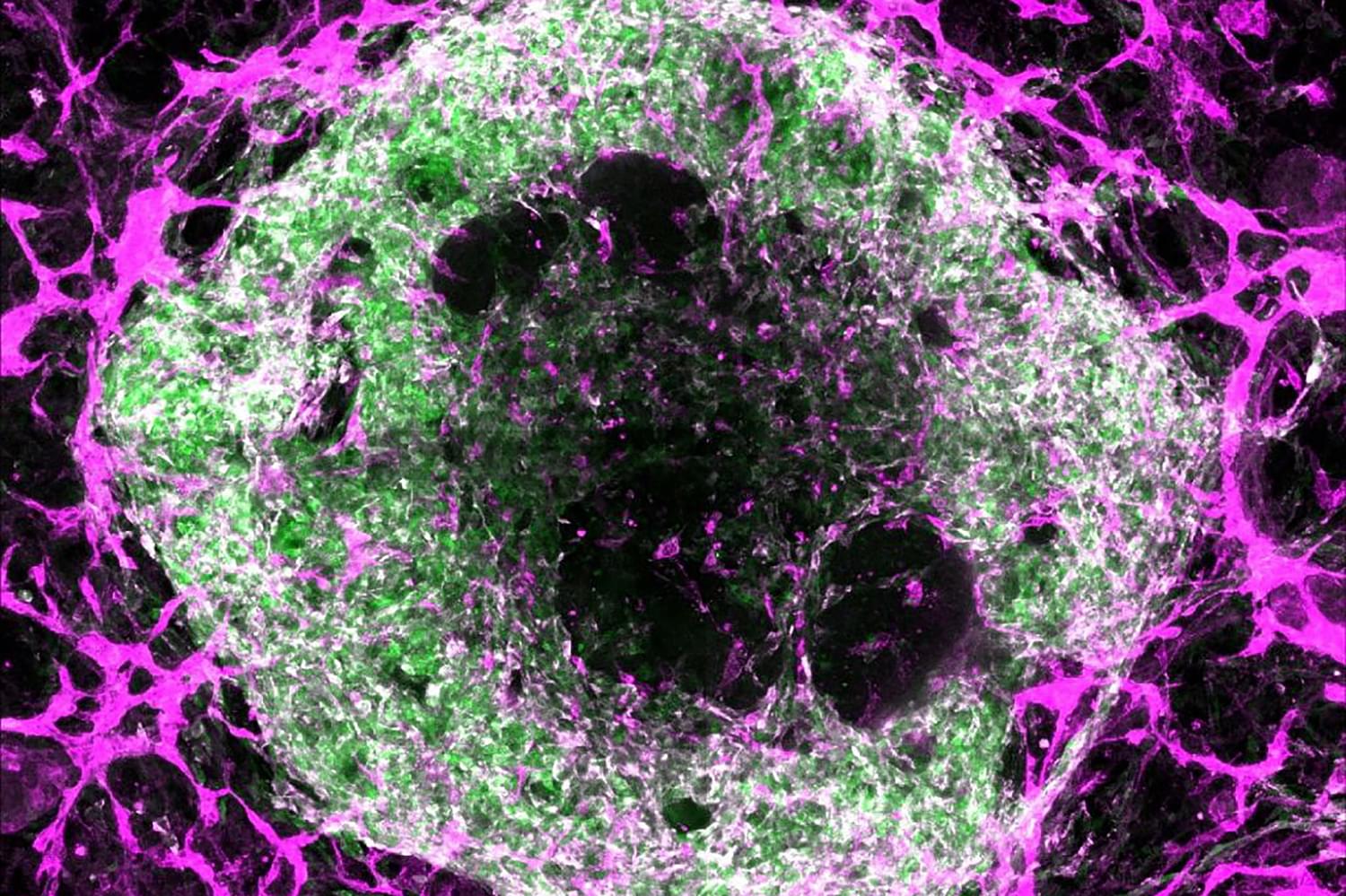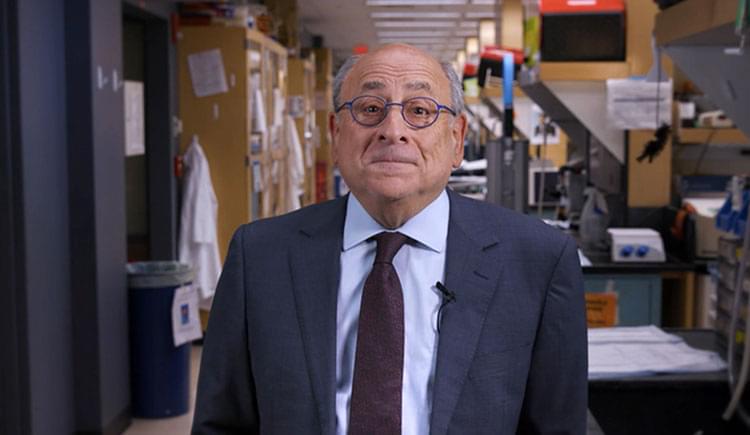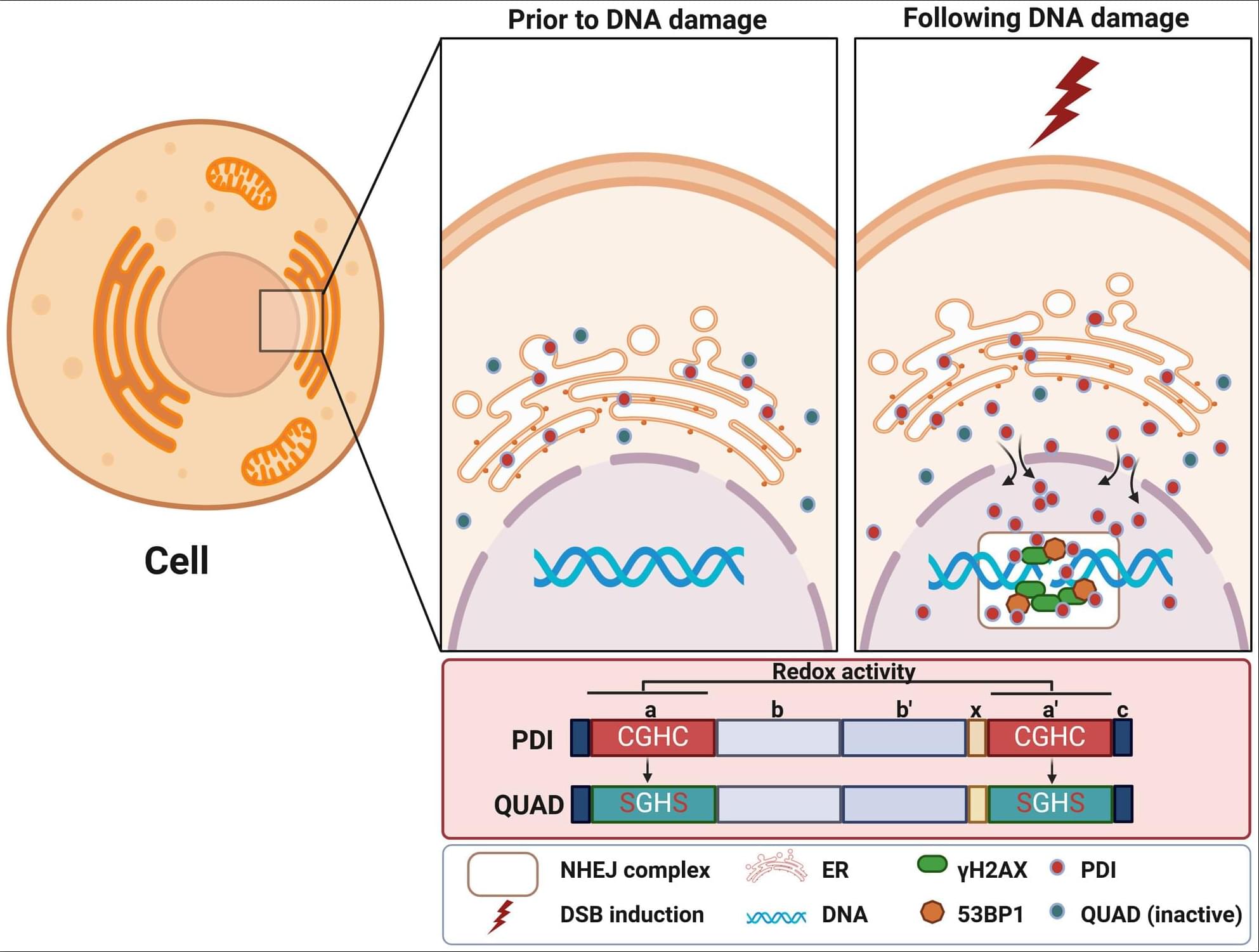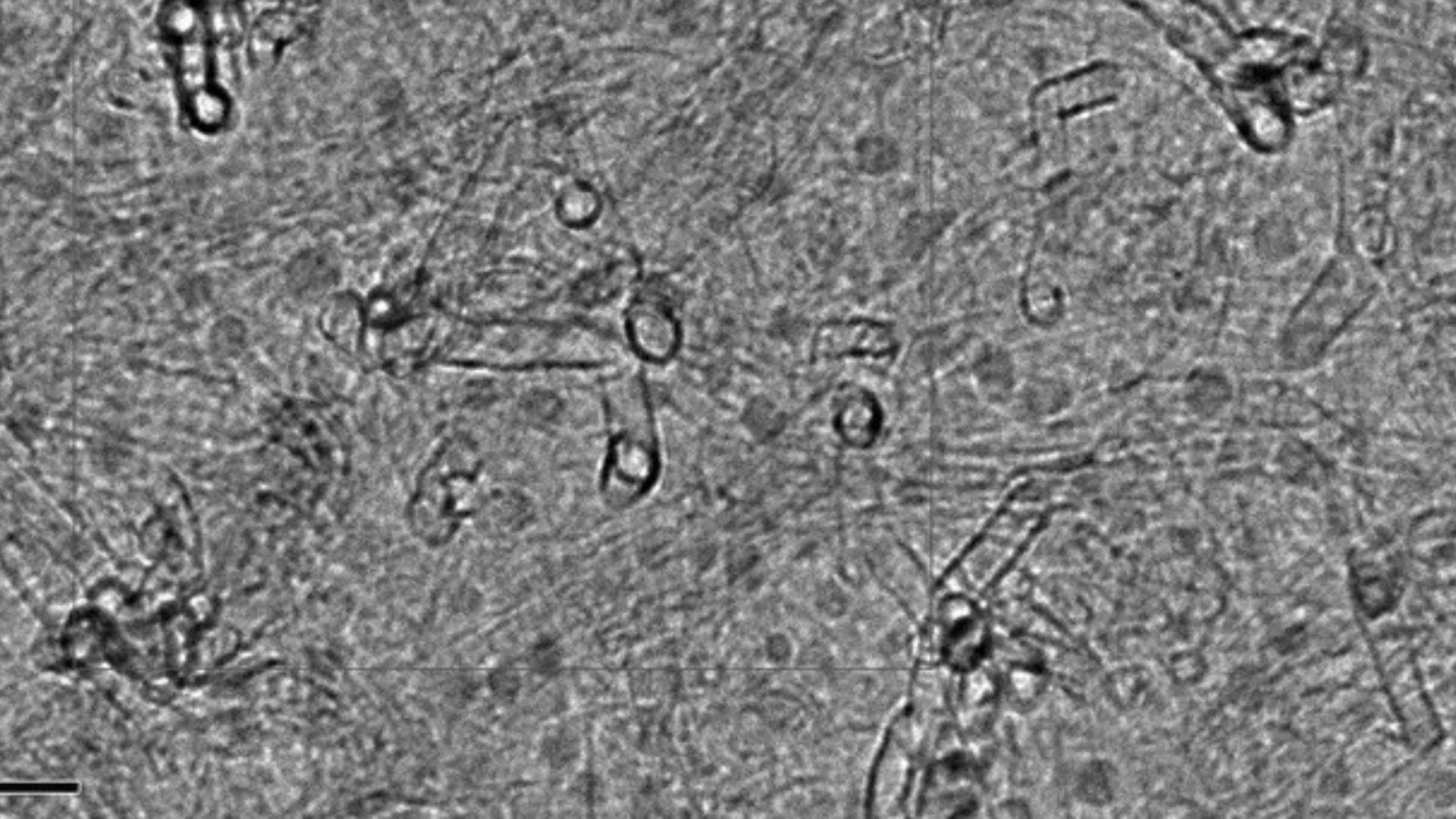A sudden volcano eruption has shaken a beloved vacation paradise, turning a dream getaway into a scene of danger and disruption. On the scenic island of Flores in Indonesia, the Lewotobi Laki-Laki volcano has erupted, casting a thick ash plume high into the sky and prompting urgent travel warnings from the German foreign office. If you were planning a trip to this stunning island near Bali, now is the time to pause and reconsider.
The Lewotobi Laki-Laki volcano, standing nearly 5,200 feet tall, sent a towering cloud of ash nearly 6 miles above its summit, according to Indonesia’s agency for volcanic and geological hazards. This spectacular but ominous plume has blanketed the area, forcing closures and safety zones as ash drifts across the island’s lush landscapes.
After 185 years, the Asian small-clawed otter—world’s tiniest otter—rediscovered in Nepal

